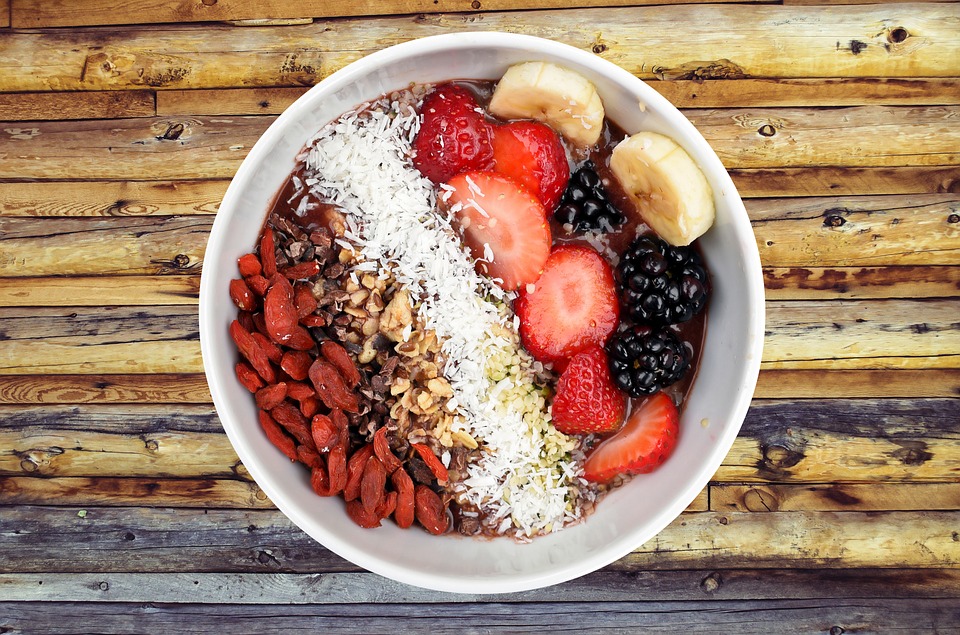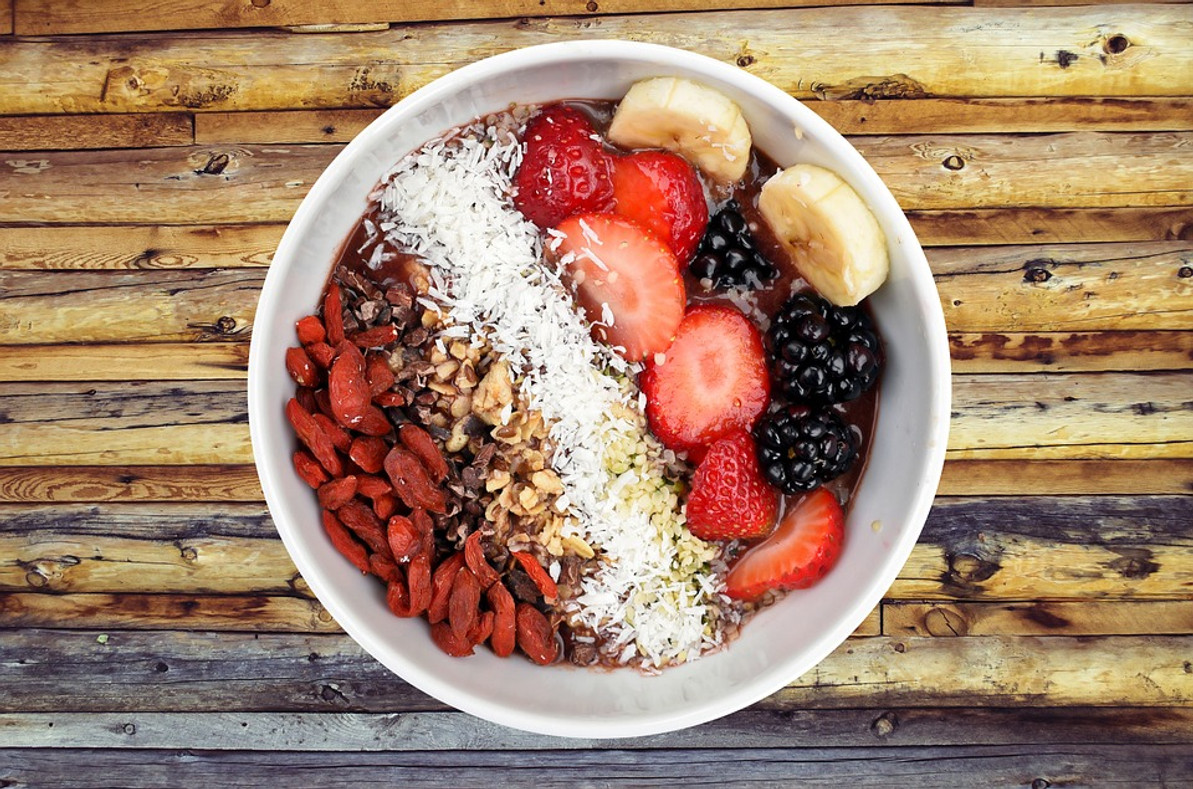New Study Highlights Benefits of a High-Fiber Diet

Fiber is an essential nutrient that our bodies need to stay healthy and fend off chronic disease. Unfortunately, it's also something that most people don't get enough of in their regular diet. Statistics show that only about three in 100 Americans consume an adequate amount of fiber in their diet. While fiber deficiency can lead to digestive problems like constipation and irritable bowel syndrome (IBS), there's new evidence suggesting that it can take a toll on your heart as well.
Research Links Fiber Deficiency to Increased Risk of Heart Disease
According to a study conducted by researchers from the University of Otago in New Zealand, people who don't consume enough fiber in their diet are more likely to develop heart disease than their counterparts. Conversely, people who consume a high concentration of fiber in their diet are less likely to develop heart disease than their counterparts.
The study, published in the medical journal The Lancet, examined data from 180 existing studies as well as 50 trials spanning more than 40 years. After crunching the data, researchers concluded that people who followed a high-fiber diet were less likely to develop heart disease -- and less likely to die from heart disease-related events -- than people who consumed low levels of fiber in their diet.
"Observational data suggest a 15–30% decrease in all-cause and cardiovascular related mortality, and incidence of coronary heart disease, stroke incidence and mortality, type 2 diabetes, and colorectal cancer when comparing the highest dietary fibre consumers with the lowest consumers," wrote the study's researchers and authors.
How to Increase Your Fiber Intake and Improve Your Heart Health
You should heed this study as a reminder to eat plenty of fiber in your diet. So, how much fiber do you need to eat exactly? It varies from person to person, though medical experts currently recommend between 30 and 38 grams for men and about 25 grams for women.
Fiber is found in a variety of foods, including nuts. Whether you prefer peanuts, almonds, walnuts or pistachios, eating just a handful of nuts daily will help you achieve more fiber in your diet. Whole-grain oats are also loaded in fiber. With an average fiber content of about 11%, consuming a bowl of oatmeal or oat-based cereal is an excellent way to increase your fiber intake and subsequently improve your heart health. Just remember to choose whole-grain oats rather than processed oats, the latter of which offer less nutritional value.
Recent Posts
-
Fire Safety in the Workplace: What You Need to Know
What steps are you taking to prevent fires in your workplace? According to the U.S. Occupational Saf …Aug 23rd 2023 -
Is It Safe to Go Jogging With a Cold Infection?
If you're suffering from a cold infection, you might be wondering whether it's safe to go jogging. T …Aug 22nd 2023 -
5 Safety Tips to Follow When Using a Powder-Actuated Tool
Powder-actuated tools are commonly used to join materials to steel and concrete. Also known as Hilti …Aug 20th 2023




